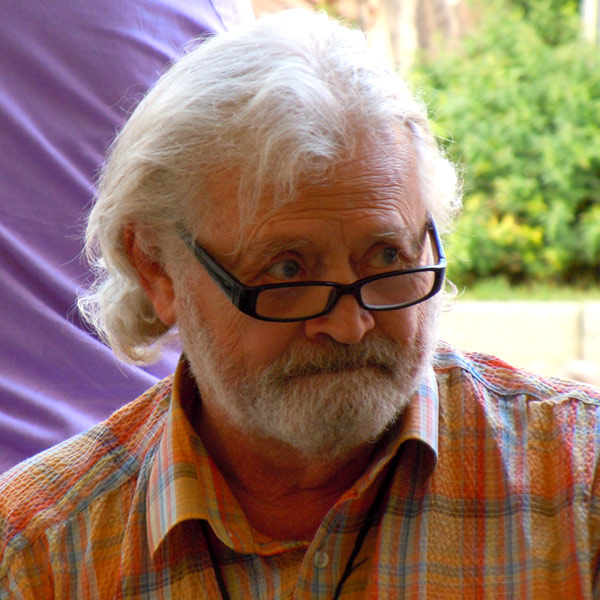Why I Dug Into This Paul Copansky Mystery
So this morning, I’m scrolling through some old forum threads, right? Kept seeing this name pop up – Paul Copansky. People were arguing about some tech stuff he supposedly did, but no one could point me to who he actually was. Like, zero background. Figured Wikipedia would have him. Easy.

Opened my browser, typed “Paul Copansky Wikipedia” into the search bar, hit enter. Bam. Got the search results page. Clicked the first link that looked legit. And guess what I saw? A page that basically said, “Hey, this page doesn’t exist yet. You wanna create it?” Blank. Nada. Zip. Just those stupid placeholder boxes Wikipedia throws up. My eyebrow went up, like seriously? Who names a placeholder template after a non-existent person?
Felt kinda stubborn then. Okay, maybe I spelled the name wrong? Copansky, Kopański, Copeansky… tried every variation I could think of. Hit that refresh button so many times my finger got sore. Same freakin’ message every single time:
- “This title appears to be new. Care to make it?”
- “Sorry, no topic goes by this name.”
- The dreaded “Paul Copansky” written plain as day at the top of a completely barren page.
Switched over to the regular web search instead of Wikipedia. Figured maybe his official bio was hiding somewhere else, and Wikipedia just hadn’t caught up. Typed “Paul Copansky” into a regular search engine. Scrolled past pages one, two, three… mostly random mentions on forums, some old LinkedIn profiles that weren’t him, a few references in obscure PDFs, nothing solid. Zero official presence. Where was his company page? His old university bio? Anything? Nothing. Felt like chasing smoke.
Started clicking deeper into some tech forums where his name kept popping up. People were throwing around theories like “he invented that one compression algorithm” or “he was the lead on Project X.” Tons of claims, zero proof. Asked around in a few threads: “Yo, anyone got a legit source for Copansky?” Got back replies like:
- “Dude, it’s common knowledge!” (Oh yeah? Show me.)
- “Think he worked at [That Company] in the 90s?” (Vague much?)
- Total silence.
So finally, I went full Wikipedia detective mode. Clicked “View history” on that pathetic non-existent page. Dead end. No previous edits, no nothing. Checked the “talk” page. Empty. Cleaner than my fridge on moving day. Clicked links related to the placeholder template name itself. Total red herring, led to pages about creating Wikipedia articles or obscure Polish surnames. No sign of the man. Even tried digging through the template’s edit history, looking for some hidden mention of why this specific name was used. Waste of freaking time.

The Awkward Conclusion That Stared Me in the Face
After hours burned? I crashed back in my chair. Here’s the cold truth I couldn’t escape:
- Paul Copansky doesn’t have a Wikipedia page. Not because it’s missing, but because he doesn’t qualify for one. Zero verifiable major contributions spotted.
- All the forum chatter? Probably a modern-day tech version of an urban legend. Someone mentioned him once, others picked it up, it snowballed.
- That placeholder template name? Pure, dumb coincidence. Some Wikipedia editor, ages ago, typed a name as an example, and boom – Paul Copansky gets immortalized as the “Unknown Guy.”
Lesson learned the hard way: Just ’cause everyone online talks about something doesn’t make it real. Even Wikipedia’s empty pages can lead you on a wild goose chase, wasting half your day chasing shadows. You can dig and dig and dig, but sometimes the answer is way simpler and way dumber than you want to admit. The internet’s full of ghost stories wrapped in technical jargon. Next time someone drops a mysterious expert name? Probably wiser to just shrug and move on.


